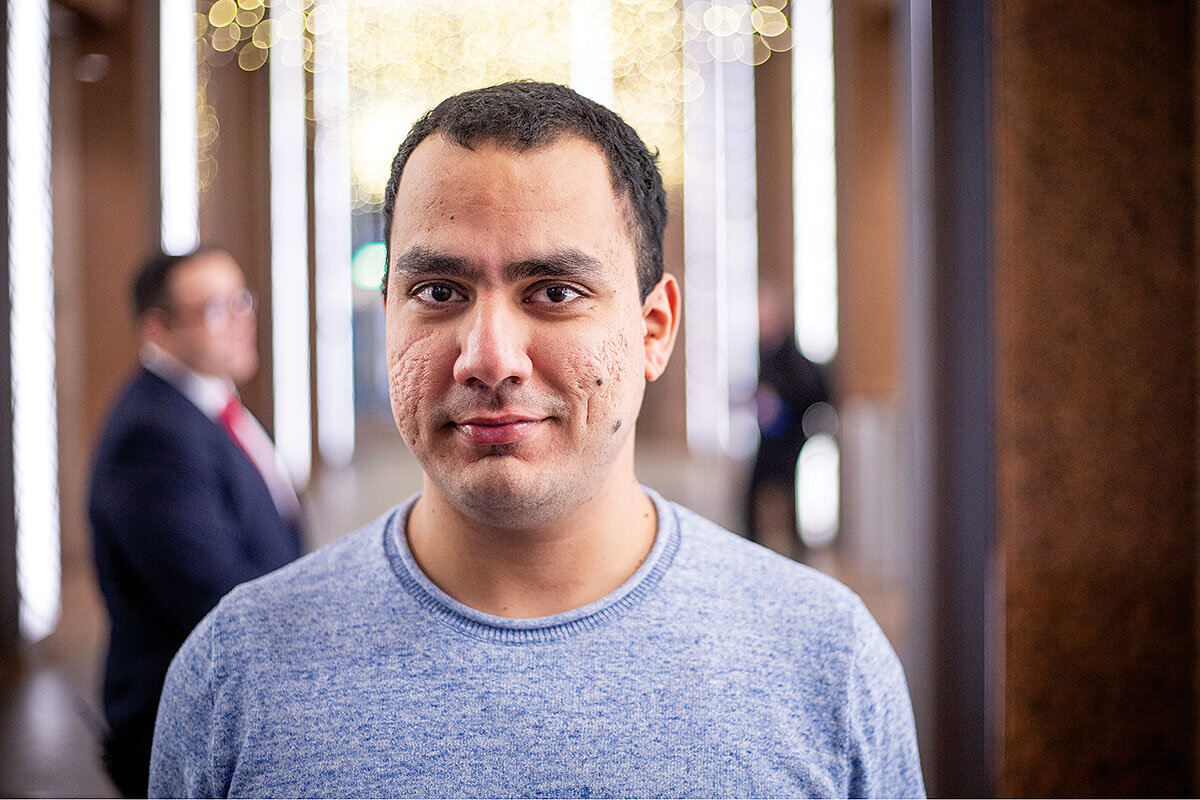Beneath the outrage over Democrats’ bungling of the Iowa caucuses lies a wounded trust that dates back to the 2016 campaign.
Monitor Daily Podcast
- Follow us:
- Apple Podcasts
- Spotify
- RSS Feed
- Download
 Linda Feldmann
Linda Feldmann
Today’s stories explore the roots of divisions in the Democratic Party, the effects of rapid reversal of judicial precedent, a former coal town’s struggle to redefine itself, one man’s quest to translate the internet into Arabic, and the untold international story behind the Scripps National Spelling Bee.
Sen. Mitt Romney could easily have fallen in line. The Republican from Utah, a longtime skeptic toward President Donald Trump, had already bucked his party by voting for witnesses in the president’s impeachment trial. Instead, the GOP’s 2012 presidential nominee made history: He became the first U.S. senator to vote against the president of his own party in such a trial.
But as Senator Romney made clear, his faith and his conscience prevailed. He didn’t mention his denomination, The Church of Jesus Christ of Latter-day Saints, but church values have been central to his life, as they are to Utah politics.
Mr. Romney also showed grace toward his fellow Republican senators in their votes to acquit. “I trust we have all followed the dictates of our conscience,” he said.
And therein lies the “paradox of political courage,” as the Deseret News – owned by The Church of Jesus Christ of Latter-day Saints – editorialized. Americans yearn for politicians who do what they think is right and not what’s safe for reelection prospects or a nice lobbying job after retirement. But when public figures go against their own party, at a high-stakes moment, they are attacked.
“Dissent does not mean division,” the Deseret News said, defending also the decision by Utah’s other senator, Republican Mike Lee, to acquit. “Americans should be thankful there’s still room to disagree.”










